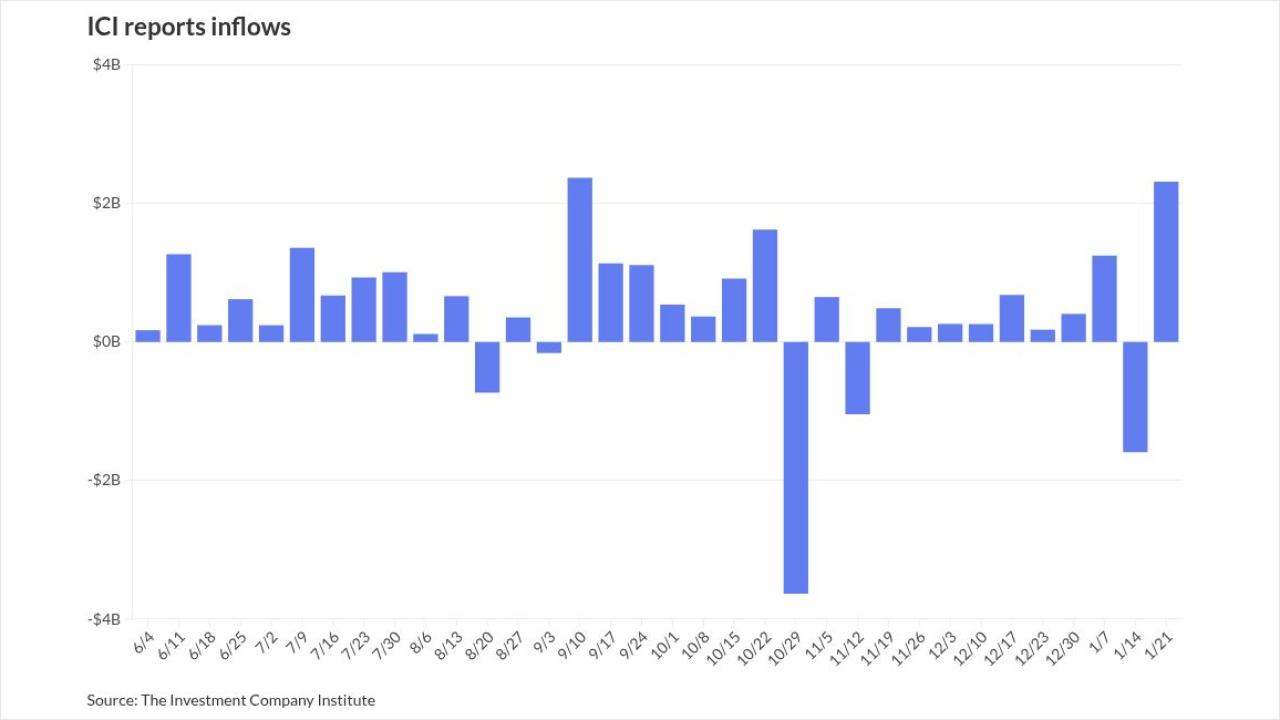
The rise of a market for complex and timing-dependent tax-exempt bond tender refunding transactions has prompted the Government Finance Officers Association to draft its first ever best practices for cities and states considering the deals.
From 2019 to 2024, the tender refunding market ballooned from zero to $48 billion, said Nikolai Sklaroff, capital finance director at the San Francisco Public Utilities Commission and a member of the GFOA's debt committee who helped craft the best practices.
"The origins of this is that the market for tender refundings has grown exponentially and there's a real dearth of information in the marketplace," Sklaroff said Saturday during the daylong debt committee meeting that's part of the GFOA's annual conference in Washington, D.C.
"As you talk to people in the marketplace you'll often hear there's 'a' way of doing a tender refunding — and you'll learn that there are many ways of doing it," Sklaroff said. "There really aren't resources in the public domain [on tenders]," he added. "I'm hopeful this will be a good tool for practitioners and for people who have never used it before."
The
In the transactions, issuers ask a bondholder to sell their bonds for cash or for new bonds, often financing the tender offer with a new borrowing. The issuer needs to purchase the bonds at a low enough price that it lowers future debt service costs.
Tender refundings are bespoke, complex transactions that are dependent on market timing, said David Womack, deputy director for the New York City Mayor's Office of Management & Budget, who's on the debt committee and helped write the guidance.
"Hopefully the best practices offer practical advice for a type of financing most people have never had experience with," Womack said. "Because it's such a market-driven type of financing, many of our counterparties [like financial advisors and underwriters] also have limited experience," he said.
"The objective is to try to keep the advice broad so it's applicable to a large variety of our members," Womack said. "It's much more bespoke than a normal bond issue."
The transaction requires negotiations with the bondholder, and there are rules and restrictions on how issuers engage with investors, committee members noted.
"Every time you're doing a tender, you're starting from the beginning," said Dan Deaton, a public finance partner at Nixon Peabody and debt committee member.
Despite their recent popularity, the tender market would likely evaporate if tax-exempt advance refundings returned, committee members noted.
"If we got advance refunding back we wouldn't be having this conversation," Womack said.
The association's best practices, which span debt management to budgeting, procurement and risk assessment, outline "specific policies and procedures that contribute to improved government management," according to its





